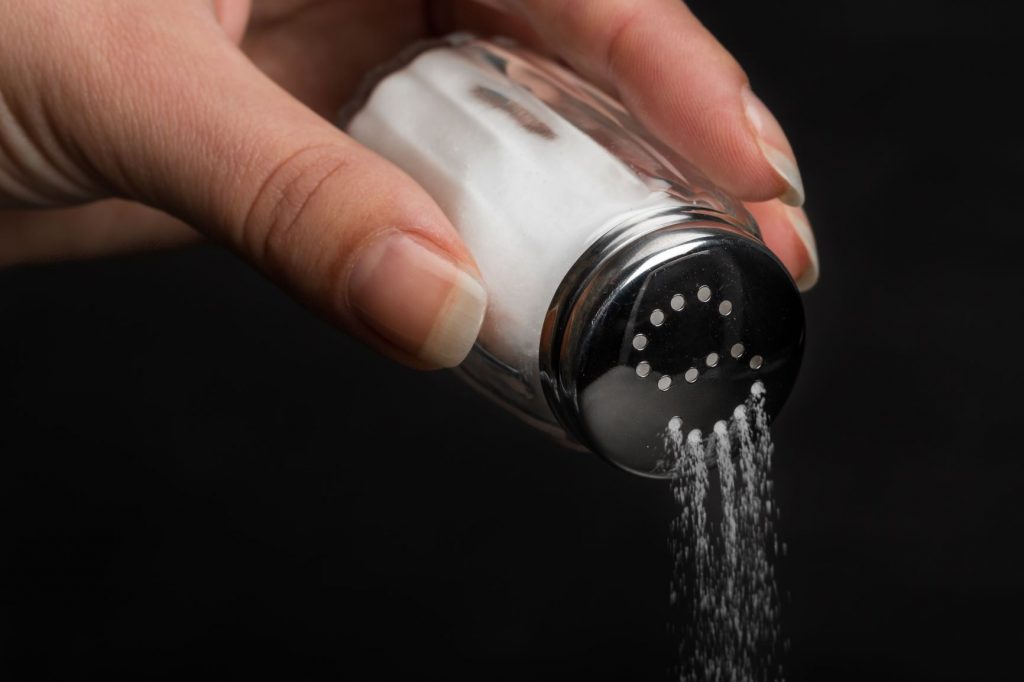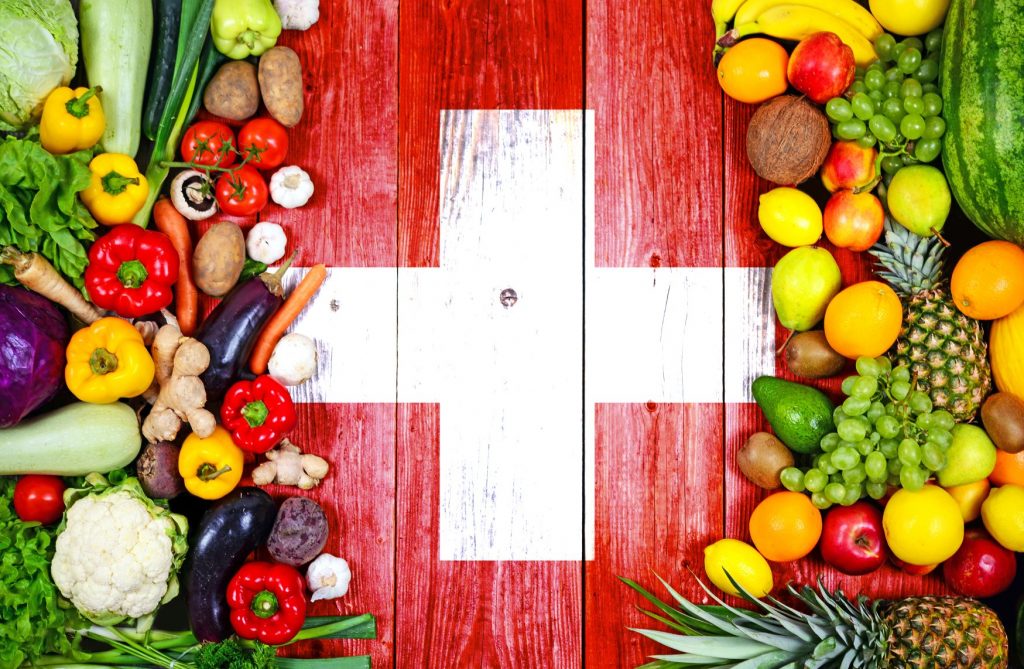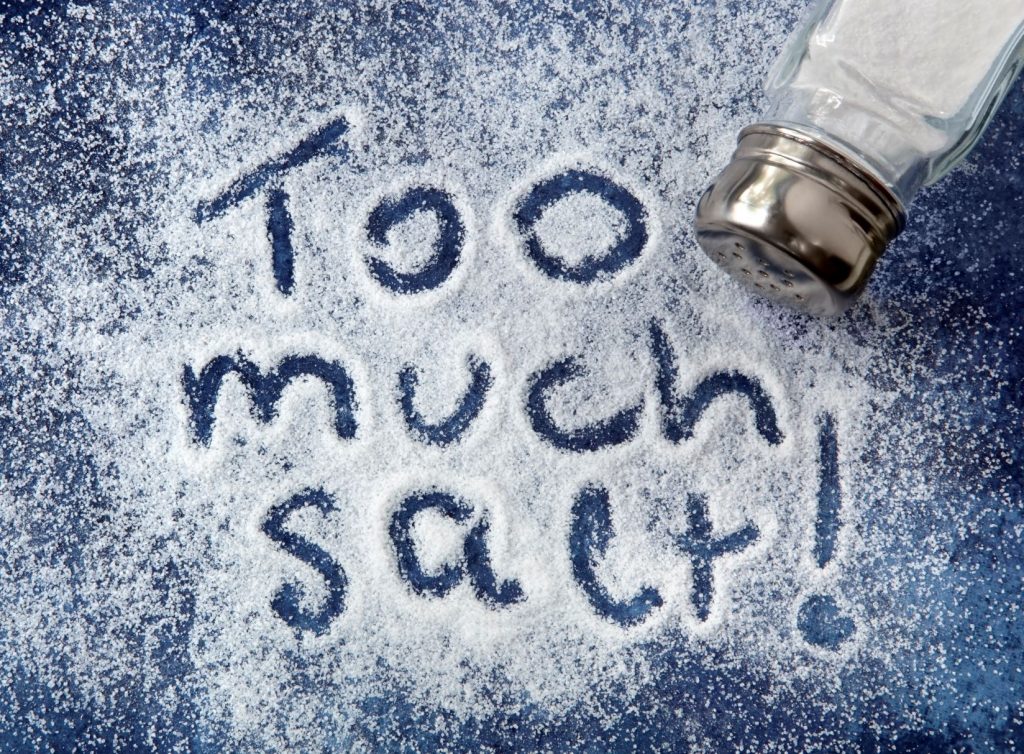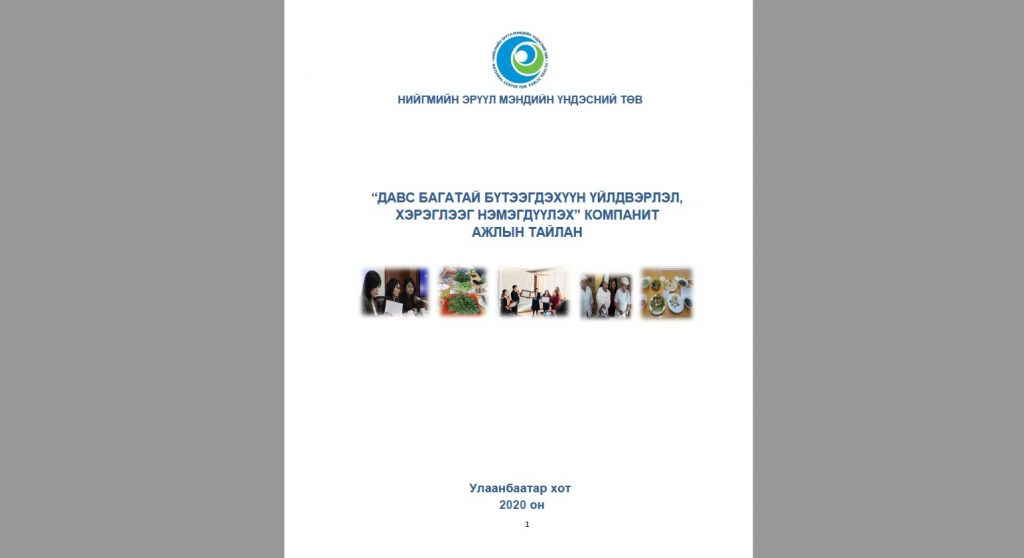The threshold of salt taste recognition among a sample of Moroccan population

Published in Nutrition & Food Science on 1st December 2020, Guennoun et al conducted a simple-blind experimental study to determine salt taste recognition and evaluated differences based on gender, body mass index (BMI), and age among 201 Moroccan men and women aged 15 years and older. Conducted during 2018, the study used trained researchers and […]
Implementing the national strategy of salt reduction in Morocco: the baker´s perspective

Published in the Pan African Medical Journal on 11th December 2020, Bouhamida et al conducted a quantitative exploratory study to examine the knowledge of bakers about the national strategy of salt reduction and evaluate their current contribution and future commitment in implementing the specific recommendation related to salt reduction in bread. 432 bakeries participated in […]
Estimation of sodium and potassium intakes assessed by two 24-hour urine collections in a city of Indonesia

Published in the British Journal of Nutrition on the 26th of January 2021, Sari et al estimated the sodium and potassium intakes of Indonesian adults using two consecutive 24-hour urine collections. Adults aged 20–96 years were randomly selected to participate, from a pool of resident registration numbers. From the 528 people recruited, 479 people provided […]
A Decade of Food and Nutrition Policy in Portugal (2010-2020)

Published in the Portuguese Journal of Public Health on the 29th of October 2020, Graca, Gregorio and Freitas reviewed food- and nutrition-related policies and progress in Portugal over the last decade. The authors reflected on the main strategic documents, namely “The Platform against Obesity” (2007 – 2011), the “Promotion of Healthy Eating” (2012 – present) […]
Clinical Profiles and Factors Associated with a Low Sodium Intake in the Population: An Analysis of the Swiss Survey on Salt

Published in Nutrients on the 23rd of November, Burnier, Paccaud and Bochud conducted an analysis of the “Swiss Survey on Salt” with a focus on the clinical profiles and factors of people with low sodium intake. The “Swiss Survey on Salt” was conducted between 2010 and 2012 and included a random sample 1448 Swiss adults […]
Health Canada Voluntary Sodium Reduction Targets for Processed Foods 2020-2025

On 18th December 2020, Health Canada published their Voluntary Sodium Reduction Targets for Processed Foods 2020-2025. These targets build on the 2012 targets, set until the end of 2016, that aimed to achieve a reduction in sodium intake to 2300 mg/day. The updated targets are based on a 15 to 20% reduction from the 2017 measured […]
Effectiveness of the Victorian Salt Reduction Partnership’s media advocacy activities

Published in the Nutrition Journal on 16 September 2020, Rosewarne et al evaluated the Victorian Salt Reduction Partnership’s media advocacy activities by determining the extent to which activities contributed to the overall strategy aims and the effectiveness of the activities in gaining media and industry engagement. Guided by Stead et al’s framework for evaluating media […]
The UK has new salt targets to be met by 2024

In September 2020, Public Health England published the 5th set of voluntary salt reduction targets for the UK, to be achieved by 2024. The salt targets cover 84 specific food categories, 8 more than the 2017 targets. Where there was scope for further reductions, the new targets are progressively lower than previous ones. For the […]
Mongolia: Raising salt awareness in the western region of Mongolia

Mean estimated population salt consumption in the western region of Mongolia is 15.4 g/day; triple the World Health Organization’s (WHO) recommended daily maximum of 5 g/day and much higher than the national average of 11.1 g/day. To tackle this disparity, Mongolia has implemented several activities in line with the framework, “Improving knowledge and awareness on […]
High sodium and low potassium intakes in Kazakhstan using 24-h urinary sodium excretion

Published in the European Journal of Nutrition, Trieu et al analysed the data from two cross sectional surveys that collected 24-h urine samples from participants aged 25-64 years to estimate mean sodium and potassium intake and describe dietary knowledge and behaviour among adults in two different regions of Kazakhstan. The study found the weighted mean […]